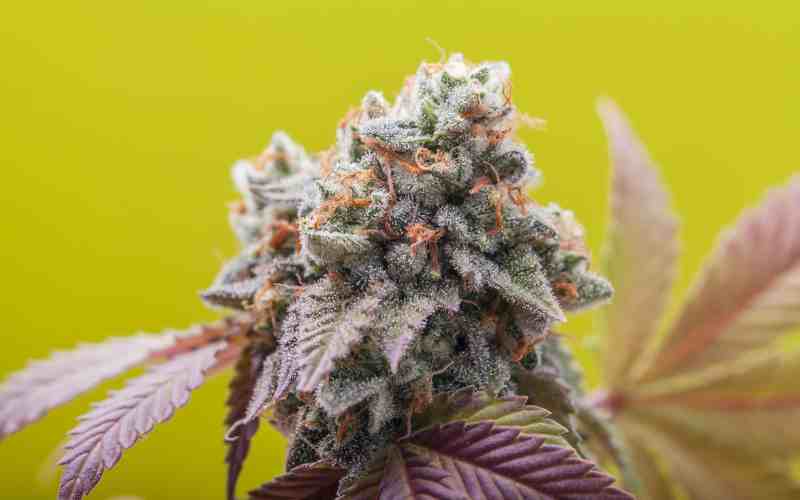In 1996, California was the first state to legalize medical marijuana. Following this, 40 states along with the District of Columbia have legalized the medical application of cannabis. Additionally, the District of Columbia and 24 states have allowed cannabis for recreational or adult-use (although four have yet to launch their commercial retail markets). In all of these instances, as with alcohol, the age allowed to use cannabis is 21. But in Washington, there’s a bill that specifically proposes raising the minimum legal sale age for cannabis products with more than 35% THC concentration to 25 years, with an exemption for qualified patients and designated medical providers.
House Bill 2320, addressing “high-THC cannabis products,” was introduced in the Washington state House Committee on Regulated Substances and Gaming by Representatives Lauren Davis, D-Shoreline, and Tom Dent, R-Moses Lake, on January 11, with a public hearing on January 16. They argue that high-THC cannabis products present both physical and mental risks that need to be addressed.
“Today, there’s no legal limit on the potency of the psychoactive element, THC, in cannabis concentrates,” Davis said. “Cannabis vape oils, dabs, and shatter are regularly sold with a THC potency of nearly 100 percent—a ten-fold increase in potency from when cannabis was legalized in 2012. These concentrated products are different. And dangerous,” KOIN 06 reports.
“The cannabis industry has changed considerably since cannabis was legalized,” Dent said. “This legislation is needed to address the everchanging market and put some measures in place to protect cannabis users and our youth.”
As Cannabis Business Times reports, back in November of 2012 Washington, along with Colorado, became the inaugural states to legalize cannabis for adult use. Starting in 2014, both states initiated sales of adult-use cannabis for individuals aged 21 and over. Since then, an additional 18 states have adopted similar legislation. But if the bill passes, that age will rise to 25. Numerous advocates for legalization in the U.S. argue that the age limit for cannabis sales should align with that of alcohol sales. However, legislators in various state governments, holding more conservative views, have advocated raising the cannabis age limit to 25 years. They justify this by citing that human brain development continues up to that age.
While the brain ceases growing in size by your early teens, it doesn’t complete its development and maturation until the mid-to-late 20s. The prefrontal cortex (located behind the forehead) is among the last regions to fully mature. It plays a key role in abilities such as planning, prioritizing, and decision-making. There is some evidence that cannabis can alter the teenage brain, and that one should wait until adulthood to enjoy the substance. However, simply looking at human nature, or how little current prohibition—or to compare, even the drinking age—actually halts consumption, the bill aimed at raising the age of allowed cannabis use from 21 to 25 is somewhat absurd because it won’t change a damn thing other than further stifle legal markets.
The bill’s sponsors argue that their reasoning is backed by the work of scientists from Washington State University and the University of Washington, based on a November 2020 report on “Cannabis Concentration and Health Risks.”
The paper states that: “Use of cannabis with high THC concentration increases the chances of developing cannabis use disorder or addiction to cannabis, particularly among adolescents,” according to the university researchers. “Daily cannabis use, particularly of high potency products, increases the risk of developing a psychotic disorder, like schizophrenia, and is related to an earlier onset of symptoms compared to people who do not use cannabis.”
While such language is included in the bill, David and Dent kept out the part that such evidence is talking about the effects of THC on those between the ages of 14 and 19, not 21 to 25, the age of adults that would be affected by the bill if it passes.
The bill would also require Washington’s Department of Health to create voluntary training programs for retail cannabis staff on potential health and safety affects and requires the University of Washington’s Addictions, Drug & Alcohol Institute (ADAI) to put into effect guidelines for healthcare providers and patients deemed “at risk of severe complications from cannabis use.”
Another day, another expensive, red-taped-riddled waste of taxpayer money created by fudging with science that could otherwise be useful.
H/T: hightimes.com



